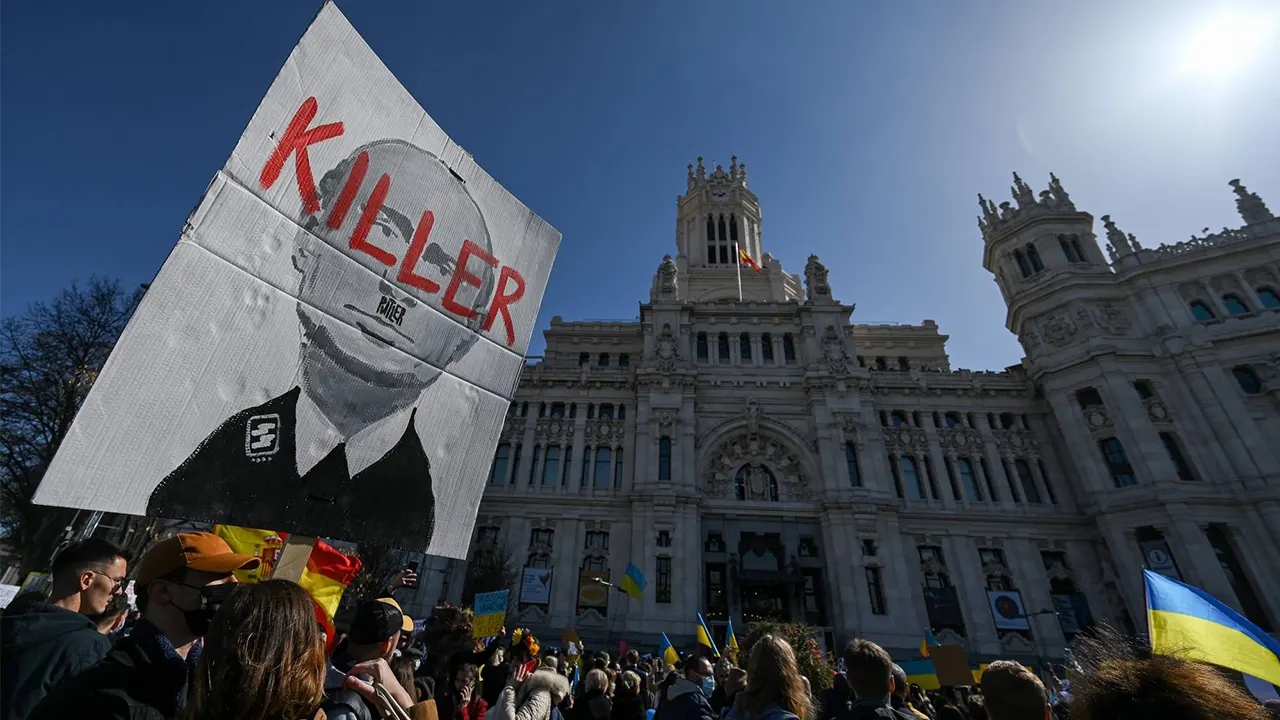War can be described as a conflict between political groups, states or countries, that involves hostilities of considerable duration and magnitude.
While results of war vary, they can send shockwave that disrupts many things. And this is why wars can reveal opportunists who wish to benefit. These people want to piggyback wars in order to unleash something they may have planned.
And in the world that is connected with the internet, these people can use social media networks to amplify their campaigns.
Meta is the owner of Facebook, Instagram, WhatsApp, Messenger, and Oculus. Following the start of Russia's invasion to Ukraine, the tech giant, is barring Russian state media from running ads or monetizing on its platform anywhere in the world.
According to Nathaniel Gleicher, Head of Security Policy at Meta:
2/ We are closely monitoring the situation in Ukraine and will keep sharing steps we’re taking to protect people on our platform. https://t.co/mTatqghCzQ
— Nathaniel Gleicher (@ngleicher) February 26, 2022
Not only that Meta said that it wants to stop allowing Russian media from monetizing on it platforms, because the company is also taking steps to take down accounts that are fake, and pro-Russians.
The company is also looking out for accounts that try to spread anti-Ukrainian propaganda as the war in Ukraine continues to rage.
At first attempt, Meta managed to take down dozens of such accounts.
Researchers at the company have found how groups supporting Russia's invasion of Ukraine have attempted to wage war online by carrying out the spread of misinformation malinformation and disinformation.
Those fake accounts pretend to be aviation engineer; others claimed to be news editors or scientific authors, Meta said. The accounts published content on Facebook, Instagram and across the wider internet discrediting Ukraine as a failed state, among other claims, Meta said.
To pull off the deception, the malicious agents used AI-generated profile pictures and claimed to be writing on behalf of Kyiv, according to the company.
The campaign Meta attributed to someone with the nickname "Ghostwriter," appears to have succeeded with at least some Facebook accounts, Meta said.
Not just on Meta's platforms, as those opportunists have also spread on other social media platforms and websites.
"We took this operation down, we've blocked their domains from being shared on our platform, and we've shared information about the operations with other tech platforms with researchers and with governments," said David Agranovich, Director of Threat Disruption for Meta.
"The idea was they would write an article, posting that article onto their website as if they were a reporter or a commentator and then the accounts were really just designed to post links to their own websites and direct people off platform."
Meta's takedowns follow what the company officials described as a separate, intensified push by pro-Russian hackers to compromise the social media accounts of Ukrainian government officials, military leaders, public thinkers and journalists.

It's worth noting that the influence campaign appears to be linked to another campaign Facebook disrupted back in 2020.
At the time, Facebook's investigation found a malicious campaign operation linked to Russians, as well as NewsFront and SouthFront, two Crimea-based alleged disinformation sites that have since been sanctioned by the U.S. government.
But according to Gleicher, the 2020 case was bigger, at least at this time.
Gleicher said that the campaign launched during the Russia-Ukraine war is "relatively small," initiated with accounts fewer than 4,000 Facebook followers and fewer than 500 followers on Instagram.
He added that Meta was able to disrupt the network before it could amass a large audience.
"What we've generally found is that the best proxy for the size of these operations ends up being the number of people who follow them," Agranovich said. "In general, what we saw here was a very low level of shares, posts or reactions across any of the content that the network was posting."
"Why we share these operations is to make sure that people understand and can see what's happening on all sides of any conflict," Gleicher said.
"What we're seeing here is activity from actors who, from the content they're sharing and the behavior they're engaged in, appears aligned more in undermining trust of the Ukrainian government and boosting the activities of Russian actors."
